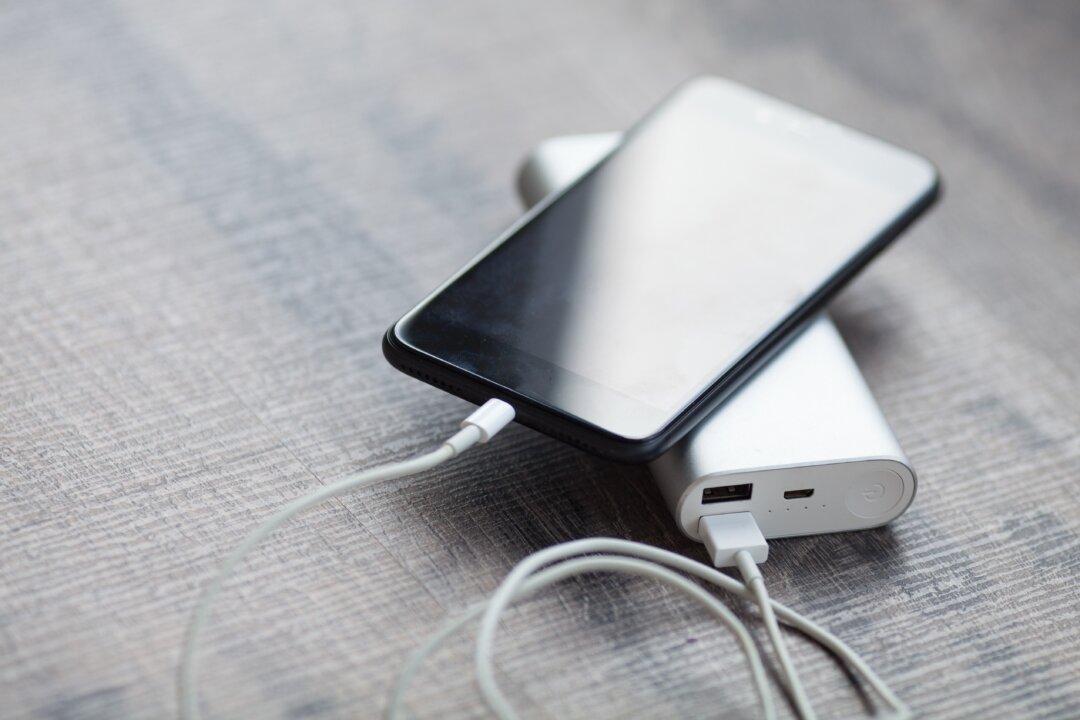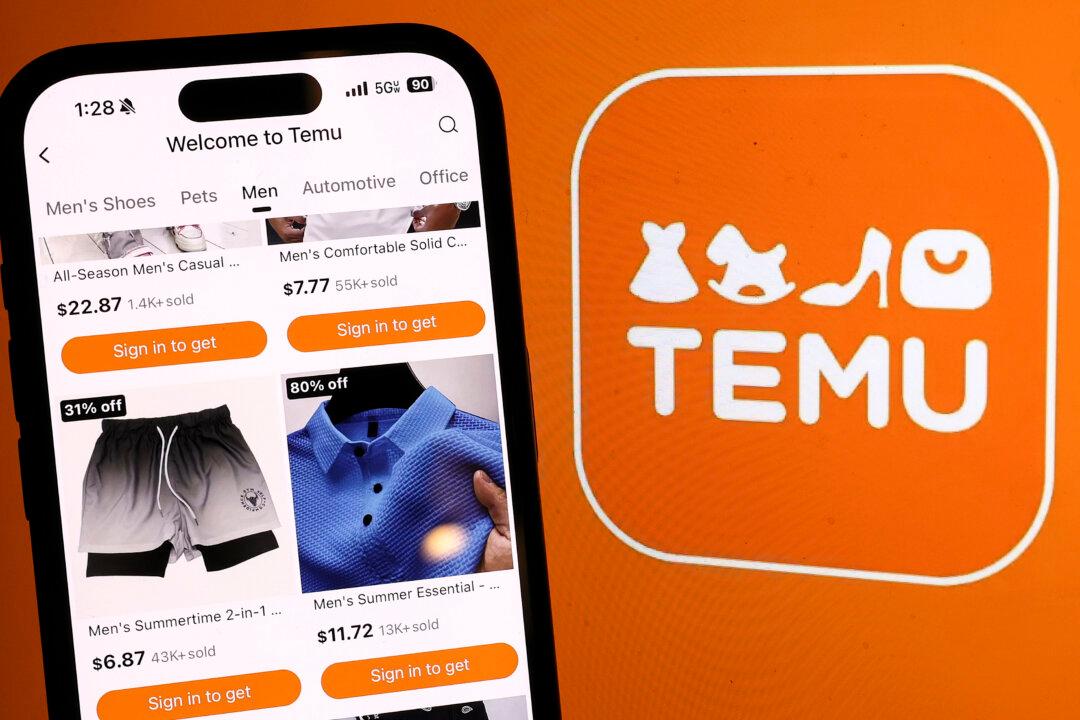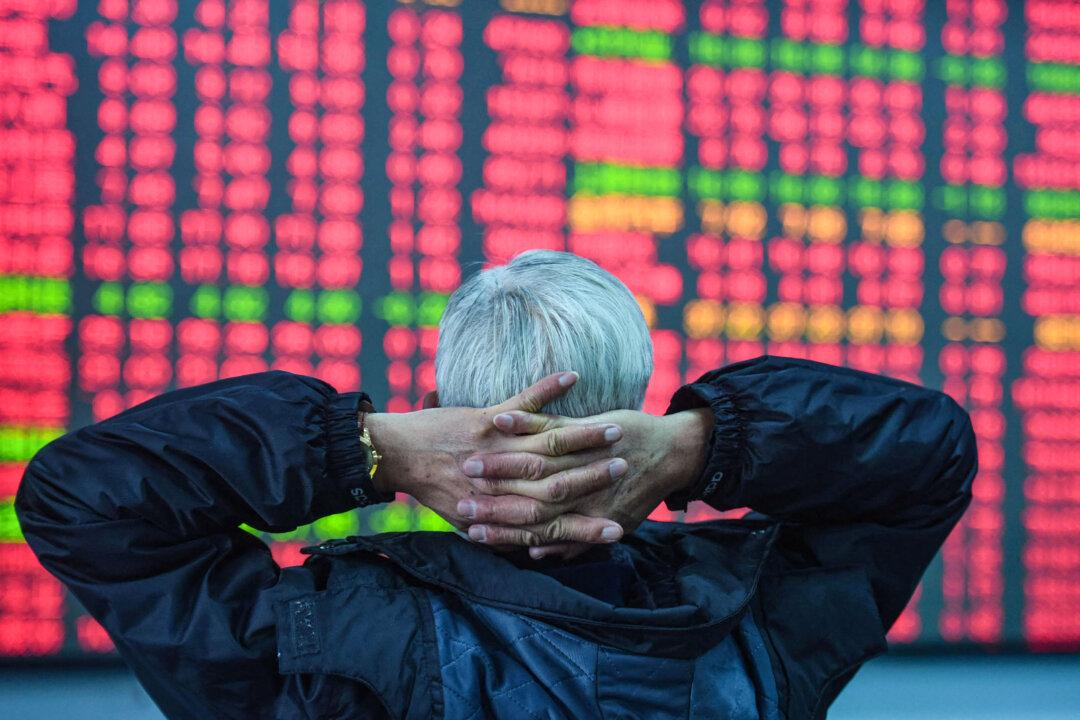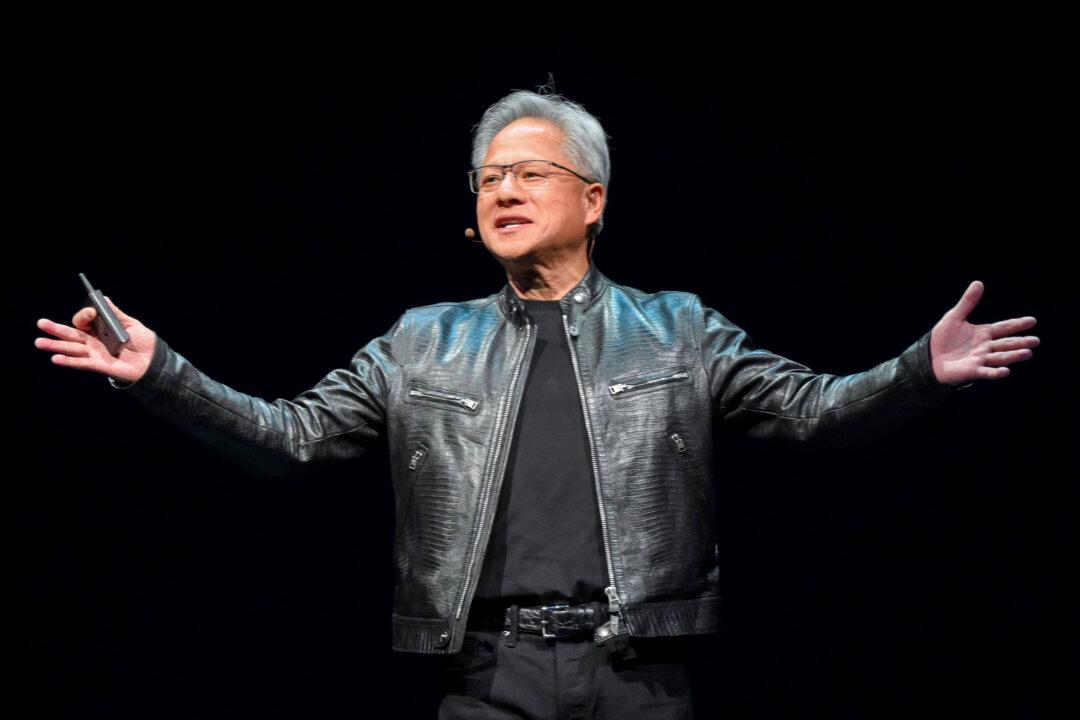The chaotic state of China’s shared power bank market has recently come under scrutiny. On Aug. 30, Chinese state media “The Paper” reported the market for renting mobile phone chargers has been plagued by illegal practices involving consumers’ personal information, including excessive data collection, forced data acquisition, inducement, and unauthorized use. The Cyberspace Administration Office in Shanghai has acknowledged the prevalence of these matters and announced plans for a crackdown.
Shared power banks emerged as a common sight in many large cities in early 2017, with charging stations popping up in major shopping centers, transportation hubs, restaurants, bars, coffee shops, and gyms. Users could conveniently borrow a power bank and return it to a nearby station using GPS tracking. A countertop charging model also emerged, allowing users to pay and charge their devices directly after scanning a QR code.





